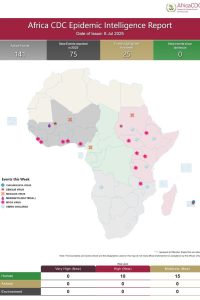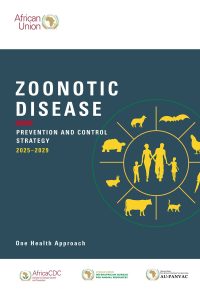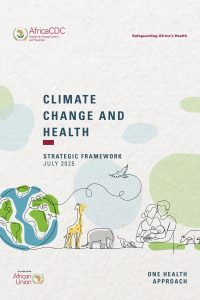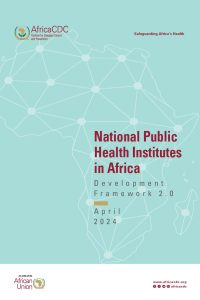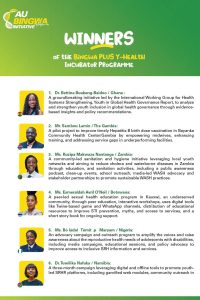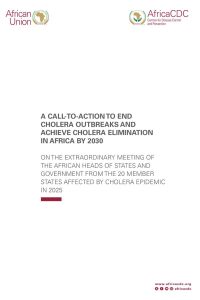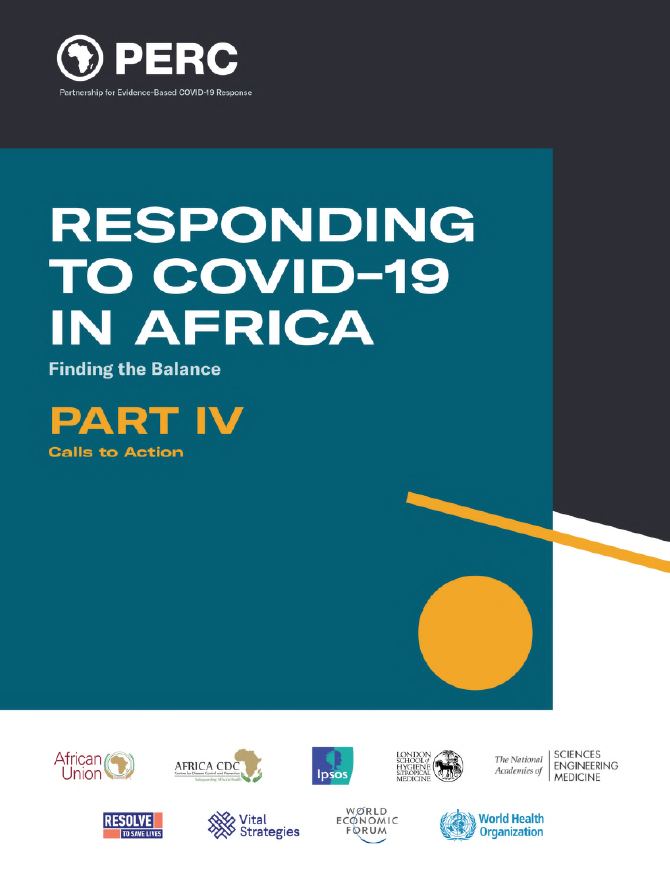
- Version
- Download 5477
- File Size 2.92 MB
- File Count 2
- Create Date 19 December 2021
- Last Updated 19 December 2021
Responding to COVID-19 in Africa: Finding the Balance (Part IV) and Calls to action
As of November 2021, less than 7% of the African continent has been vaccinated. This gap between acceptance and coverage demonstrates a substantial unmet need and underscores the importance of consistent and predictable vaccine supply as well as increased support for vaccination programs in Africa. The latest PERC report considers why global vaccination efforts have been plagued by inequity, as well as the logistical challenges to vaccinating the African continent. The report further outlines the continued importance of preventive measures—particularly individual measures such as masking and social distancing—that minimize the social or economic harm that can occur when mobility, economic and social gathering restrictions are imposed.
At 78%, vaccine acceptance was higher than in the previous PERC survey fielded earlier this year (67%), which may indicate the success of risk communication campaigns. In five surveyed countries—Guinea, Morocco, Mozambique, Tunisia and Zimbabwe—acceptance was 90% or higher. Vaccine acceptance was high among both those who trusted their government’s pandemic response and those who felt COVID-19 posed a personal risk to them or to their country. Such high acceptance contradicts media reports suggesting that low vaccination rates across Africa are due to hesitancy.
Among the 20% of respondents who expressed vaccine hesitancy, the top reasons were: low risk perception (24%), not having enough information about vaccines (22%) and lack of trust in government (17%). The reasons for low risk perception are complex, but officials can take concrete action to address them. Offering more and better information to people about COVID-19 and vaccines through trusted sources, particularly health care providers, coupled with consistent and reliable vaccine supply, can further increase acceptance. Respondents’ top information sources included local health centers, television and radio.
A number of bottlenecks have contributed to the failure to achieve higher vaccination coverage. Unpredictable supply—in terms of volume, timing and shelf life—threatens countries’ ability to meet demand. When offered, vaccination is frequently inconvenient, requiring people to travel far distances or visit vaccination sites at inopportune times.
COVID-19 preventive measures remain crucial to mitigate the health impact of the virus. PERC researchers analyzed what influences support for and adherence to such measures and found that individual actions—handwashing, mask-wearing and social distancing—all garnered support from at least 90% of survey respondents. Such high support suggests that these key measures can continue to be effective strategies for reducing COVID-19 transmission.
Preventive measures restricting gathering or movement received less support. Unemployment and food insecurity were widespread among survey respondents and made adherence to restrictive community measures a challenge. PERC researchers concluded that such measures should be targeted to specific, high-risk populations as needed to minimize harm.
Income loss also may have had an adverse impact on access to essential health services. Cost and affordability were cited as the primary obstacles to receiving care. Declines in the number of health visits have likely contributed to declines across key health indicators. PERC researchers advocate for urgent investment to stabilize health systems and regain progress lost during the pandemic.
Based on their findings, PERC authors recommend:
- The global community should support AU Member States in supplying vaccines at a better coordinated and more systematic pace to allow broader, more effective and equitable distribution. Resources and expertise to support vaccine delivery must be part of the supply machinery to ensure coverage.
- COVID-19 preventive measures (described as public health and social measures, or PHSMs, in the report) are critical to mitigate COVID-19 transmission, particularly as new, possibly more transmissible, variants emerge in under-vaccinated populations. Promoting adherence must remain a top priority.
- Ministries of Health have competing priorities—both maintaining longer-term investments in endemic diseases, such as HIV and tuberculosis, and preparing for and responding to immediate epidemics, such as yellow fever, Ebola and measles. Investments in preparing health security systems can be utilized both for COVID-19-specific responses and long-term priorities.
- Strengthening health data systems to be better prepared for health threats is critical. It is important that investments prioritize epidemiological data, as well as contextual data and data on community perceptions and actions toward countermeasures for disease mitigation and prevention. Together with the data itself, timely collection, analysis and dissemination are integral to systems strengthening and emergency response.
- The global community and national governments should invest—to the fullest extent possible—in public health infrastructure and social protection programs that build and maintain resilience, in order to improve health and economic outcomes and reduce the opportunity costs of vaccination and PHSM adherence.
The PERC survey—the fourth in its “Using Data to Find a Balance” series—was fielded in September, when many countries in Africa were recovering from a third wave of COVID-19 driven by the Delta variant and before the emergence of the Omicron variant. PERC polled approximately 23,000 people across 19 African Union Member States; compiled social, economic and epidemiological data from a range of sources; and compared results from previous surveys conducted in February 2021 and August 2020. A French version of the report will be available in January 2022.
To read the full report, please download it here or visit the PERC website: https://preventepidemics.org/covid19/perc/

